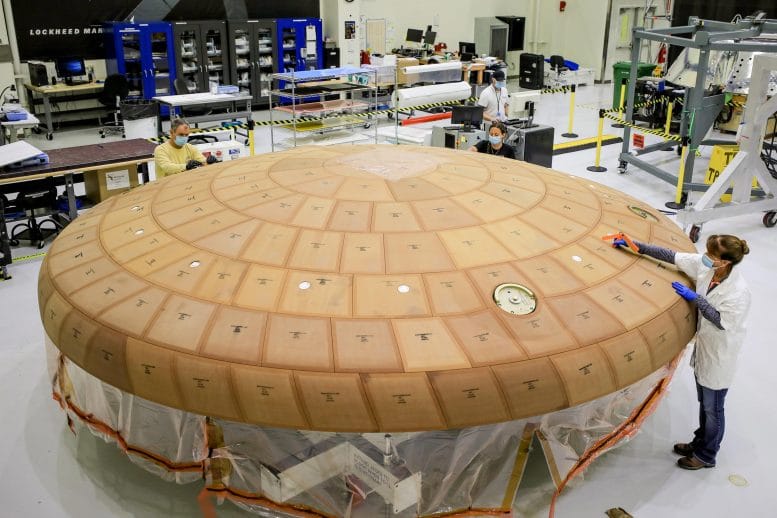The year 2025 is poised to be a pivotal moment in the realms of science and technology, particularly in the areas of brain implants, artificial intelligence (AI), and astrophysics. Recent discussions in scientific podcasts have highlighted the potential breakthroughs and implications of these advancements, offering a glimpse into a future that may redefine human capabilities and our understanding of the cosmos.
Brain implants, which have been a topic of research for several years, are expected to see significant improvements by 2025. These devices, designed to interface directly with the human brain, have the potential to enhance cognitive functions, restore lost abilities, and even facilitate communication in ways previously thought impossible. Researchers are working on refining the technology to ensure that brain implants are not only effective but also safe and minimally invasive. The anticipated advancements include more sophisticated materials that can better integrate with brain tissue, as well as improved algorithms that can interpret neural signals with greater accuracy. This could lead to applications in treating neurological disorders, such as Parkinson’s disease and epilepsy, as well as enhancing memory and learning capabilities in healthy individuals.
In parallel with developments in brain implants, the field of artificial intelligence is undergoing a transformation characterized by the rise of agentic AI. This type of AI is designed to operate autonomously, making decisions and taking actions based on its own understanding of the environment. By 2025, it is expected that we will see more sophisticated agentic AI systems that can learn from their experiences and adapt to new situations without human intervention. This shift raises important questions about the ethical implications of such technologies, including issues related to accountability, transparency, and the potential for unintended consequences. As AI systems become more autonomous, society will need to grapple with how to integrate these technologies responsibly while ensuring that they enhance human life rather than detract from it.
The quest to understand dark matter, which constitutes a significant portion of the universe’s mass yet remains largely elusive, is another area of scientific inquiry that is expected to advance by 2025. Recent advancements in observational techniques and theoretical models have provided new insights into the nature of dark matter. Scientists are optimistic that upcoming experiments and observations, including those from next-generation telescopes and particle accelerators, will yield answers to long-standing questions about this mysterious substance. The implications of understanding dark matter extend beyond astrophysics; they could fundamentally alter our understanding of the universe’s structure and evolution.
The intersection of these three areas—brain implants, agentic AI, and dark matter—illustrates the interconnectedness of scientific progress. As researchers make strides in understanding the brain and developing advanced AI systems, the potential for collaboration between these fields becomes increasingly apparent. For instance, AI could play a crucial role in analyzing complex data from brain-computer interfaces or in modeling the behavior of dark matter in the cosmos. This interdisciplinary approach may lead to breakthroughs that were previously unimaginable.
As we look ahead to 2025, it is essential to consider the societal implications of these advancements. The integration of brain implants into everyday life could raise questions about privacy, consent, and the definition of what it means to be human. Similarly, the rise of agentic AI may challenge existing legal and ethical frameworks, necessitating new regulations and guidelines to ensure that these technologies are used for the benefit of society. Furthermore, the quest to understand dark matter may prompt philosophical inquiries about humanity’s place in the universe and our relationship with the cosmos.
In conclusion, the scientific landscape of 2025 promises to be rich with innovation and discovery. As brain implants become more sophisticated, agentic AI emerges as a transformative force, and our understanding of dark matter deepens, we stand on the brink of a new era in science and technology. The ongoing discussions in podcasts and academic circles reflect a growing awareness of the potential these advancements hold, as well as the challenges they present. By fostering collaboration across disciplines and engaging in thoughtful dialogue about the implications of these technologies, society can navigate the complexities of this new frontier and harness the power of science for the greater good.


